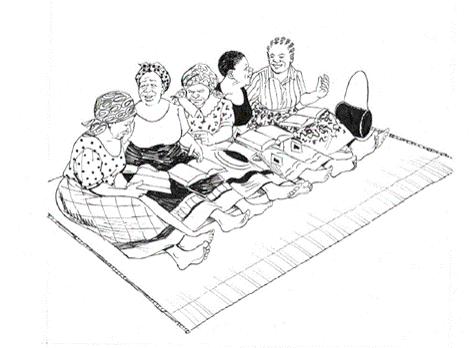For most older people, old age is a positive and rewarding period. However, as people age they are faced with new challenges that may affect their mental health such as:
Giving up work
Physical jobs become more and more difficult as we grow old. Jobs that require good memory or concentration also become more of a challenge. To many people (often men) work is central to life. When work has to stop, people can sometimes feel rejected, worthless and question their purpose. This can lead to low mood and anxiety. Loss of income can lead to financial or housing problems.
Bereavement
Older people frequently witness the death of their friends and older members of their family including their spouse and siblings. For some, repeated grief can be difficult to cope with. Older people can become lonely and isolated as a result.
Fear of death
As we age we become more aware of our own mortality. Many people fear death. They may fear the way in which they may die, specifically in pain, all alone or without dignity. They may worry about the welfare of those they will leave behind.
Sleep
Older people commonly have problems sleeping. If this problem is ongoing it can lead to tiredness, irritability and difficulty concentrating.
Physical health
As we age we begin to experience more physical health problems like arthritis, pain, falls, heart or lung disease.
Increase in mental health problems
The most common psychiatric disorders in older adults are depression and anxiety. Dementia, delirium and substance misuse are common too.

